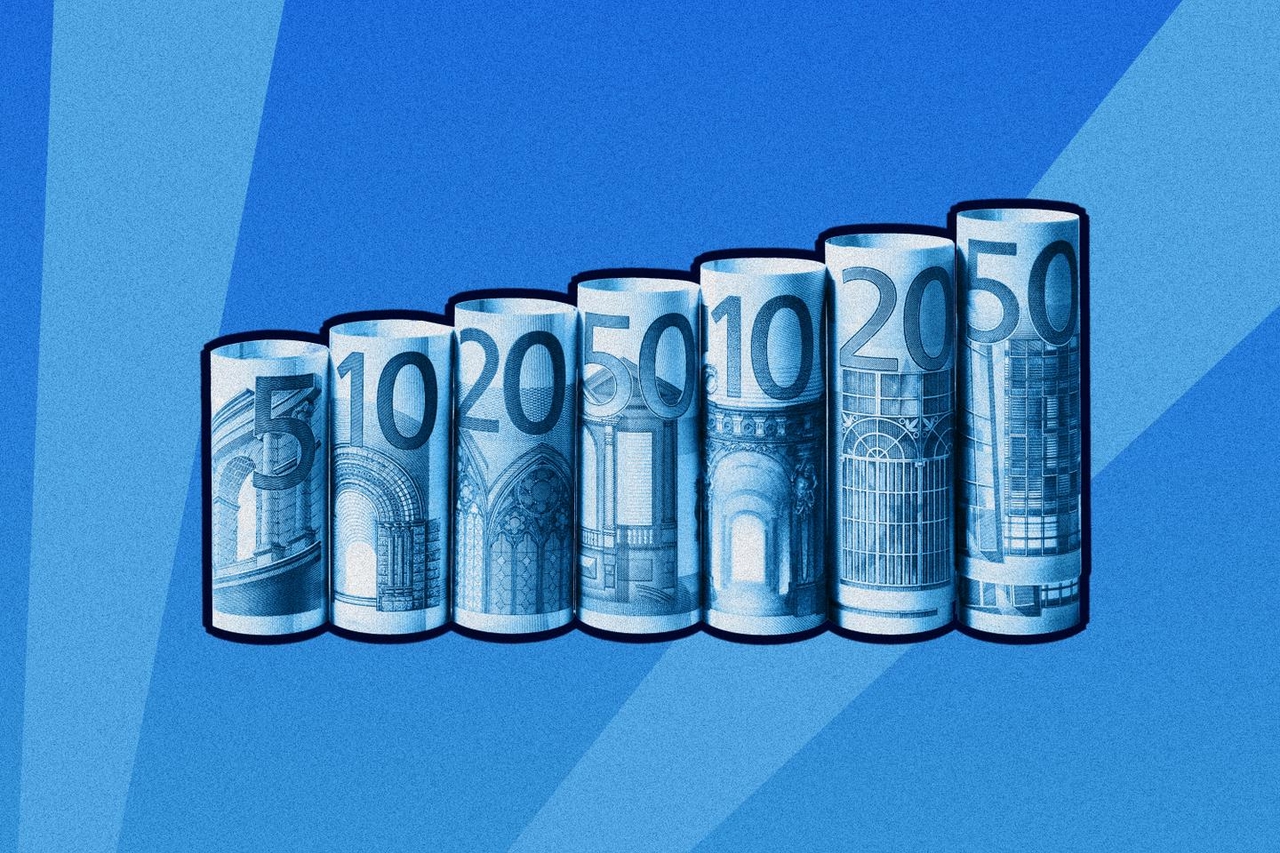Nikkei index at record high after Japan-US trade deal

The Tokyo Stock Exchange's main index reached 42,999 points on Tuesday, August 12. This record level reflects the optimism of the Japanese financial market following the tariff agreement reached with Washington. But the unpredictability of the Trump administration is likely to make this euphoria fleeting, warns the Japanese press.
The Nikkei, the main index of the Tokyo Stock Exchange, peaked on Tuesday, August 12, at 42,999 points, the highest level ever recorded, reports the Nihon Keizai Shimbun daily. (the main publication of the Nikkei group, which also owns the index of the same name). After reaching this peak, which surpassed the previous record of 42,426 points set about a year ago, the index closed the day at 42,718 points.
For public broadcaster NHK , this new record for the Japanese stock market is a sign of a reassured market. In addition to the agreement reached between Japan and the United States at the end of July – considered positive, with Donald Trump having agreed to reduce customs duties on Japanese exports to 15%, instead of the 24% mentioned in April – the White House decided on Monday to extend its truce in the trade war with Beijing for three months, which temporarily averts the risk of an intensification of the conflict. Finally, the fall of the yen against the US dollar is considered favorable to exports.
Investors remain concerned that President Trump's tariff policy will ultimately lead to inflation that will slow US growth. In this context, " they are seeking to diversify their investments in countries like Japan to avoid concentrating their capital in the US economy," the Japanese channel reports.
However, it is uncertain whether this euphoria in the Japanese financial market will continue in the coming weeks. Speaking of an " overheated" market, Hideo Kumano, an economist interviewed by the Asahi Shimbun newspaper , points out that the customs duties imposed by the Trump administration, although limited to 15%, remain a negative factor for the archipelago's economy.
According to him, this spike in the Nikkei index is “above the real capacity of the Japanese economy. […] Although the recent balance sheets of the country’s companies are quite good, this is not comparable to those of the big American tech companies . However, tariffs remain a heavy burden for Japanese companies, including Japanese car manufacturers. The market will remain wary to some extent.”
Furthermore, there are still differences of interpretation between Japanese and American authorities on the very content of the agreement reached at the end of July, which could well upset the current optimism. “The risk factor remains the American customs duties. It is always possible that Donald Trump will change his tune in an unpredictable way,” warns Testuhiro Nishi, head of the Japanese financial holding company Nomura, quoted in another article in the Asahi Shimbun .
Courrier International





